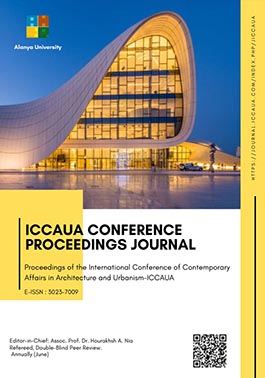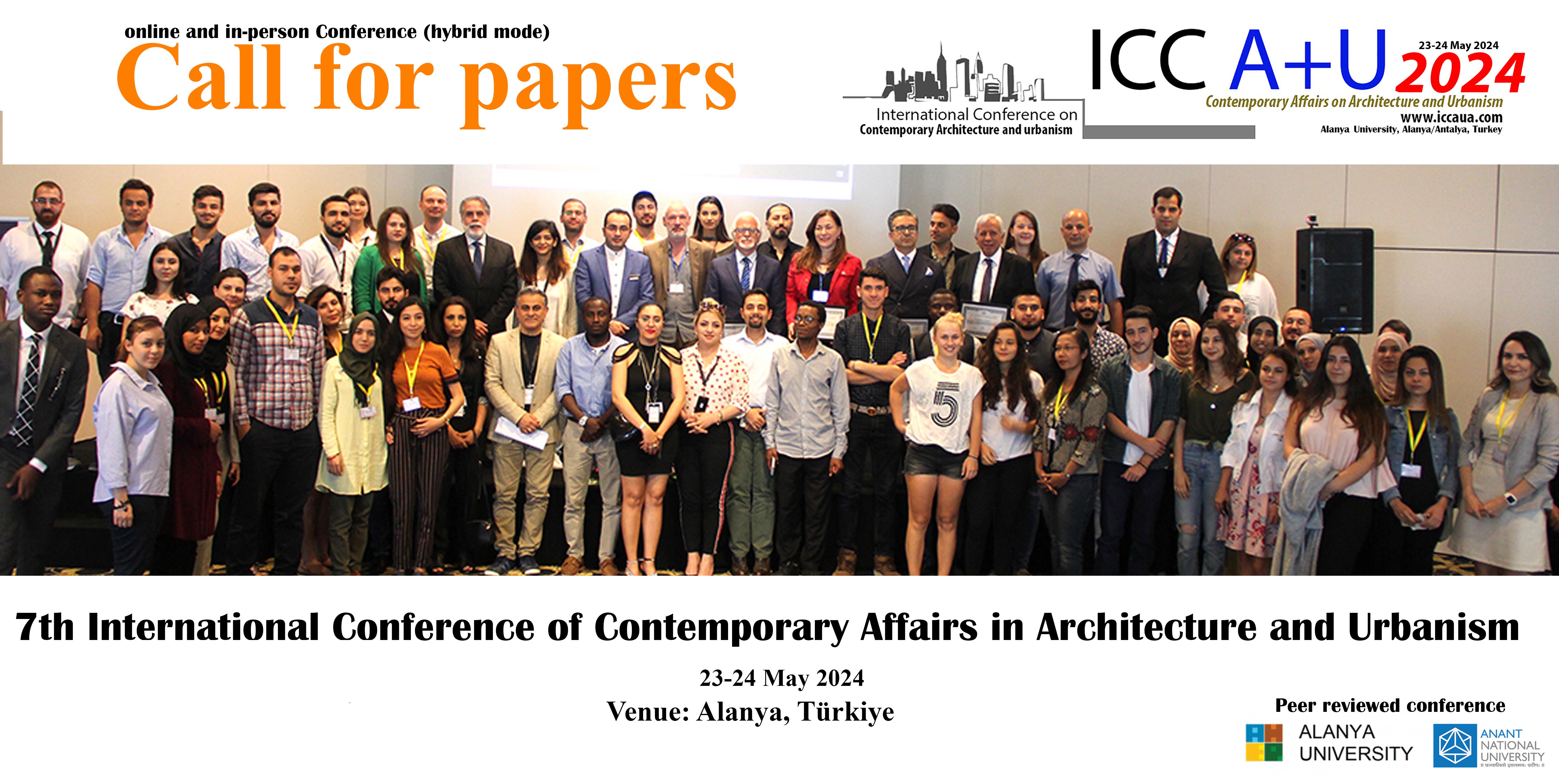Investigation of Biomass Efficiency Assessment Methods of Open Green Areas for Sustainable Cities
DOI:
https://doi.org/10.38027/ICCAUA2021298N13Keywords:
Sustainable Urban Development, Climate Change, Green Areas, Biomass EfficiencyAbstract
One of the most important environmental problems in today's world is climate change caused by greenhouse gases. Due to the increase in CO2 emissions from greenhouse gases, climate change is increasing and moving towards the point of no return. In this process, many ideas have been developed to combat climate change. One of these ideas is that cities should be sustainable. In order for cities to be sustainable, activities such as expanding the use of renewable energy resources in cities, increasing green and environmentally friendly transportation, improving air quality, and minimizing carbon emissions should be carried out. In this context, open green areas have important effects in terms of improving air quality, reducing the heat island effect in cities and especially keeping carbon emissions to a minimum. Thus, the efficiency and productivity of carbon capture and storage of green areas come to the fore. There are several methods to measure the carbon capture and storage efficiency of green areas and to evaluate their efficiency. In this study, the methods used in determining open green areas in cities and evaluating biomass productivity in these areas will be examined.
Downloads
Downloads
Published
How to Cite
Issue
Section
License
Copyright (c) 2024 Mehmetali AK, Aslı GÜNEŞ GÖLBEY

This work is licensed under a Creative Commons Attribution 4.0 International License.









